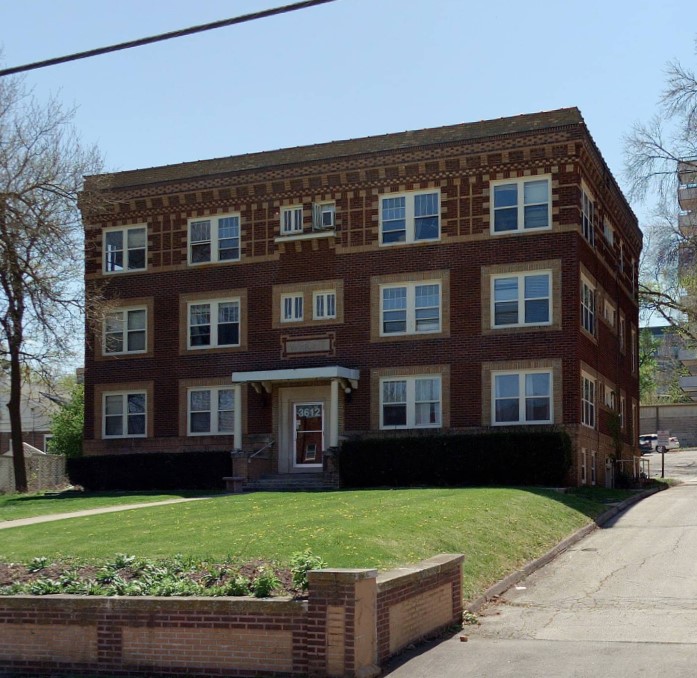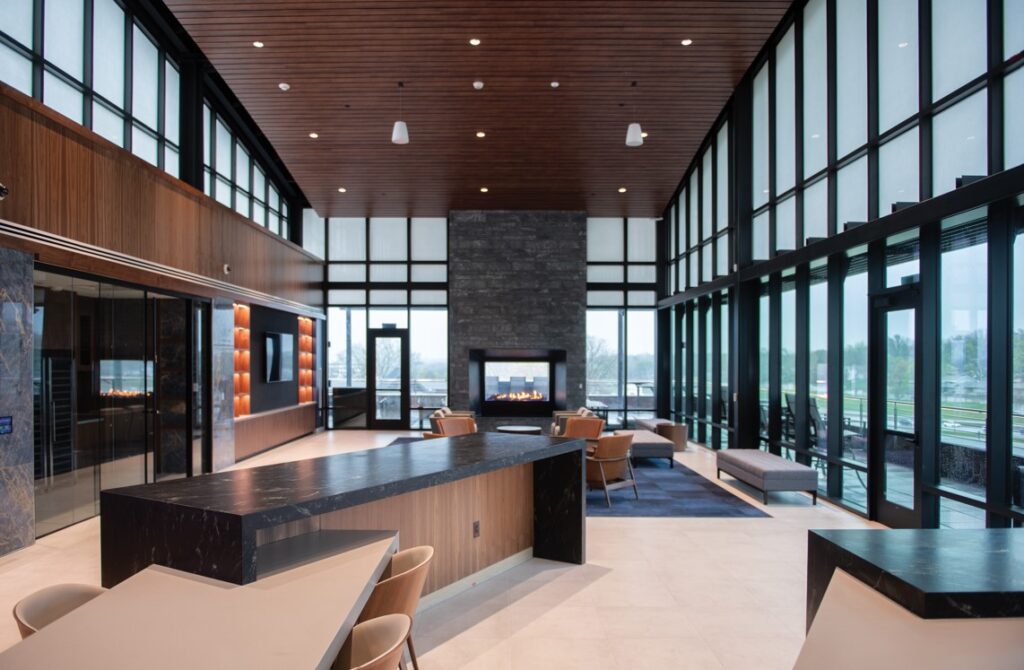NOTEBOOK: A look at Des Moines’ one-screen movie houses

KATHY A. BOLTEN May 14, 2020 | 6:30 am
3 min read time
603 wordsBusiness Record Insider, Real Estate and Development, The Insider Notebook
Writing about plans to renovate and reopen the Varsity Theater brought back memories of occasionally being allowed as a youngster to walk to an afternoon matinee at the old Hiland Theater at 423 Euclid Ave.
At the time, the one-screen theater was tired-looking and smelled of stale popcorn. Still, it was a fun place to go with friends and stay cool on a hot summer’s day.
That theater, I learned last week, was among about 10 one-screen movie houses built outside of downtown Des Moines between 1933 and 1941, according to local historian James Jacobsen, who did research to support a quest to designate the Varsity a local landmark.
For some reason, the structures are described as “suburban theaters,” Ben Godar said during last week’s meeting of Des Moines’ Landmark Review Board.
“These were [built in] areas that we wouldn’t really call suburban now; they’re just the neighborhoods of Des Moines,” said Godar, board president of the nonprofit Des Moines Film Society, which plans to buy the Varsity.
Many of the movie houses were built by Tri-States Theaters Corp., headed by A.H. Blank, according to Jacobsen.
The first of the suburban theaters was built in 1933 at 2429 University Ave., and named the Varsity Theater, according to Jacobsen. The second, the Roosevelt Theater, was built in 1934 at 831 42nd St. That building is now home to the Des Moines Playhouse.
Blank’s construction company worked with local architects Edwin Wetherell and Roland Harrison, according to Jacobsen. The firm’s specialty was theater design. And while the construction company wasn’t hired to work on a “new” Varsity Theater planned for a vacant building at 1207 25th St., the architectural firm was, Jacobsen wrote.
The two-story building was constructed in 1917 and had been home to several auto showrooms and, for 16 years, a Coca-Cola bottling plant. The architects redesigned the front of the building, adding a marquee and big windows to display playbills.
According to information Jacobsen unearthed, the remodeling work cost $15,000 and was completed by John Widerberg, who also built the Hiland Theater.
The new Varsity Theater opened on Christmas Day, 1938. In 1961, it began showing French and Italian films, “which was extremely early for anywhere in the United States,” Godar said.
In the mid-1970s, the theater began a transition to “what we would call ‘art house model’ for the films that they were showing,” Godar said. “That truly does make the Varsity one of the oldest continuously operating art house cinemas in America.”
The Varsity stayed open for 80 years, closing in late December 2018.
The Varsity “outlasted every competing metro movie house” and avoided being bought by movie chains, Jacobsen wrote in the application letter for the landmark designation.
When the renovations are complete, the movie house, which will be renamed the Varsity Cinema, will “serve as an independent, nonprofit film center,” said Michael Wagler, a Des Moines Film Society board member.
“We really envision this being a community building element again in the Drake neighborhood.”
Des Moines’ single-screen theaters
The following, according to historian James Jacobsen, are the single-screen theaters that operated in Des Moines, their addresses and when they were operational:
Isis (1914-26), 1600 E. Grand Ave.; Ideal (1916), 2447 E. Walnut St.; Varsity (1933-38), 2429 University Ave.; Roosevelt (1934-53), 831 42nd St.; Uptown/Capri (1935 to 1990s), 4115 University Ave.; Gem/Beaver (1936-57), 2706 Beaver Ave.; Lincoln/Holiday (1936), 3400 S.W. Ninth St.; Avalon (mid- 1940s), 3965 E. Ninth St.; Forest (1937-54), 1343 W. 13th St.; Hiland (1938-68), 423 Euclid Ave.; Varsity (1938-2018), 1207 25th St.; Ingersoll (1939-1977), 3711 Ingersoll Ave.; and Eastown (1941-1983), 1536 E. Grand Ave.






